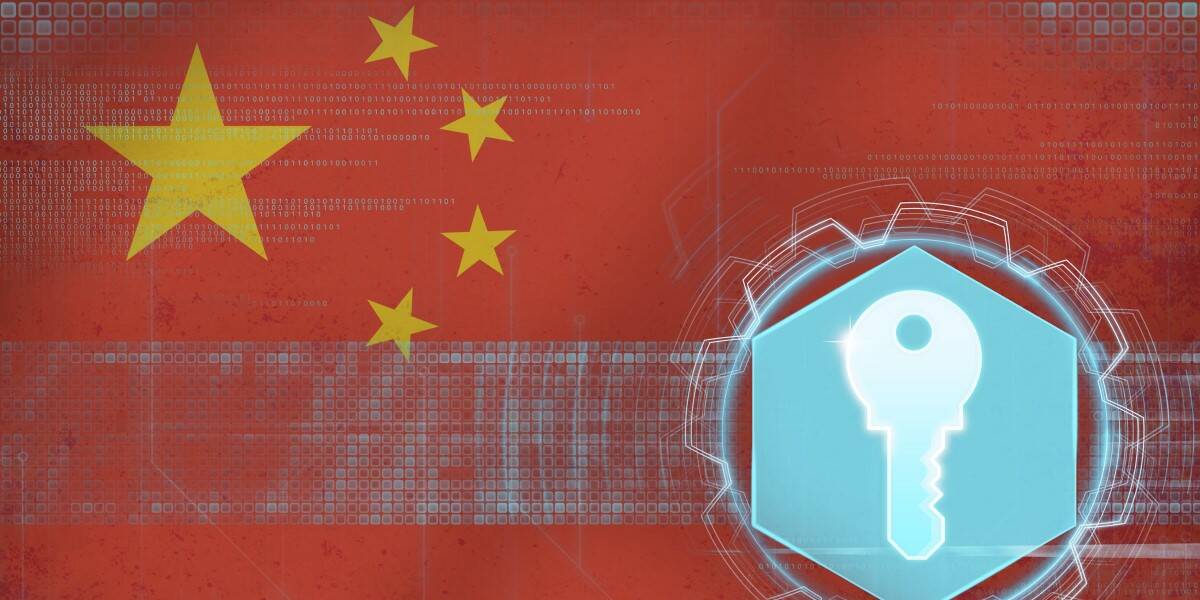
October 14, 2024 at 02:40AM
Chinese researchers have developed a quantum annealing attack on classical encryption using D-Wave’s systems, posing a substantial threat to public key cryptography. Their peer-reviewed paper highlights vulnerabilities in widely used encryption standards, suggesting the need for enhanced data protection amidst rising quantum computing capabilities and potential cyber threats.
**Meeting Notes Takeaways:**
1. **Research Overview**:
– Chinese researchers, led by Wang Chao from Shanghai University, published a paper on a potential attack on classical encryption using D-Wave’s quantum annealing systems.
– The paper, titled “Quantum Annealing Public Key Cryptographic Attack Algorithm Based on D-Wave Advantage,” appears in the September edition of the Chinese Journal of Computers.
2. **Key Findings**:
– The researchers utilized D-Wave machines to develop a viable attack on Substitution-Permutation Network (SPN) structured algorithms, central to the Advanced Encryption Standard (AES).
– Targeted algorithms include Present, Rectangle, and Gift-64 block cipher.
– They claim this is the first instance of a quantum computer posing a substantial threat to existing SPN structured algorithms.
3. **Impact on Cryptography**:
– The methods outlined in the paper could potentially apply to other public-key and symmetric cryptographic systems.
– This research raises concerns about current encryption practices and the need for improved data protection strategies.
4. **Future Implications**:
– The paper emphasizes the urgency in discussing the impact of quantum computing on classical encryption, as opinions vary on when quantum computers will achieve significant decryption capabilities.
– Predictions on the timeline for such capabilities range from ten to thirty years, with organizations already proposing “quantum safe” encryption solutions.
5. **Geopolitical Context**:
– There’s a concern that data may be stolen now by adversaries (e.g., China) for future decryption with quantum computers.
– A recent incident involving Microsoft revealed risks related to cryptographic keys, further highlighting vulnerabilities in data protection.
6. **Research Accessibility**:
– The full paper is primarily in Chinese, with translation aids used for understanding its implications. Authors have refrained from public discussions due to the sensitive nature of their findings.
These takeaways underline the critical need for ongoing dialogue around encryption methods and the implications of advancements in quantum computing for data security.